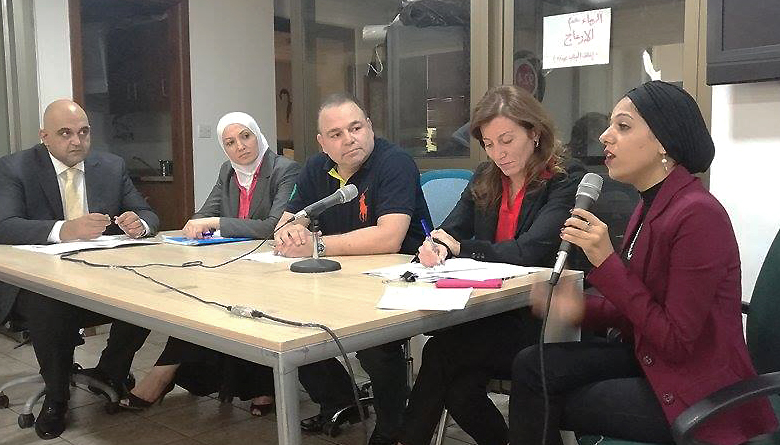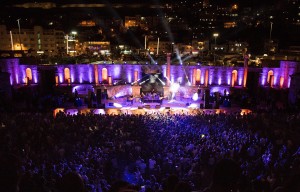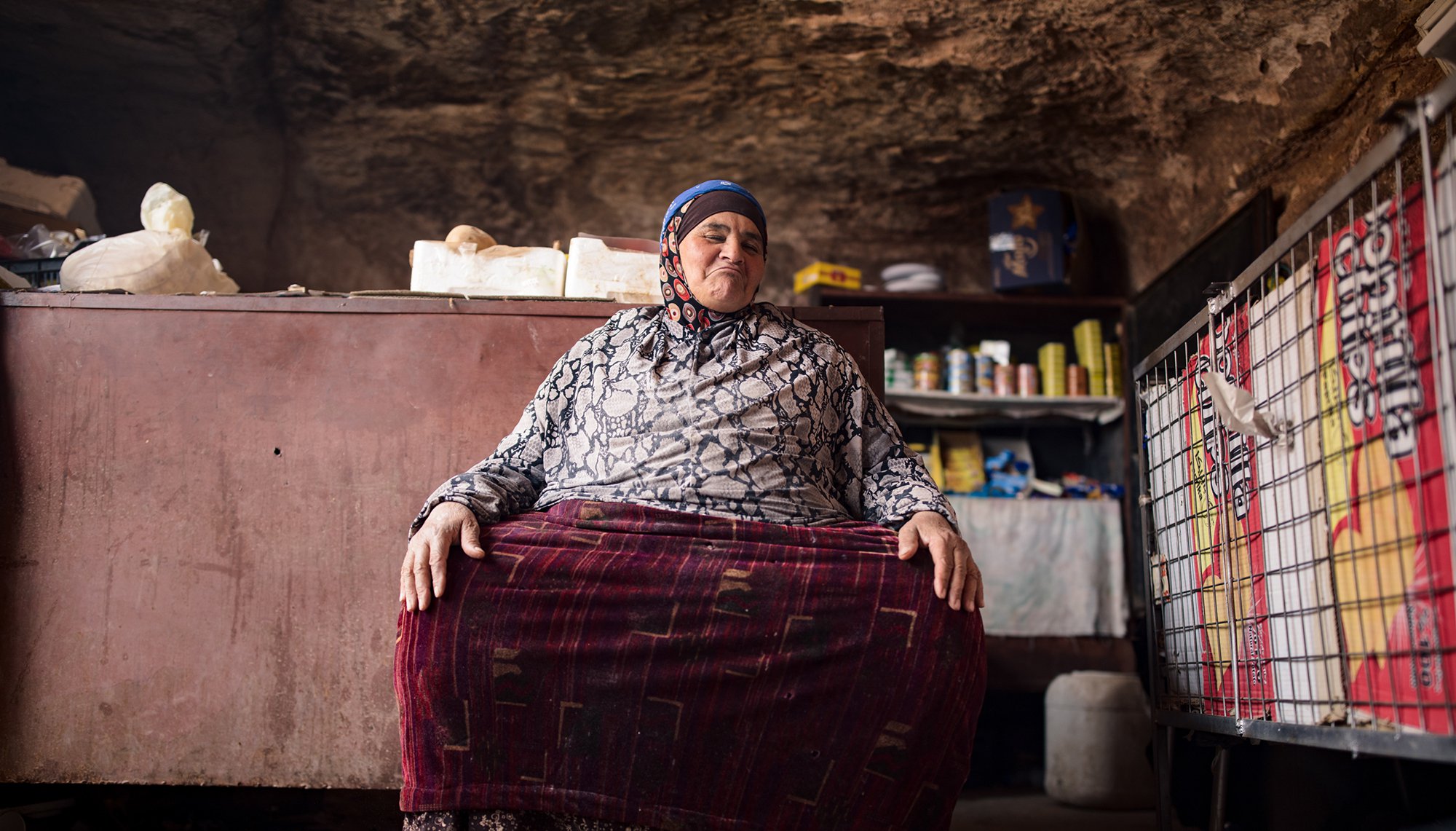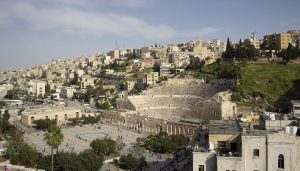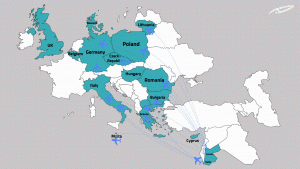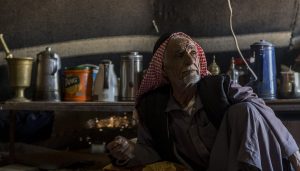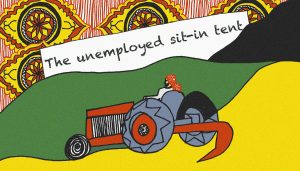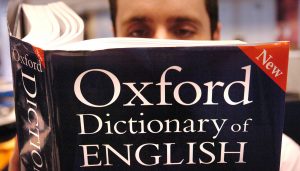Less than a month before Jordan’s parliamentary election day, public discussions abound about the election law and whether or not these elections can be different.
One such public discussion was supposed to take place yesterday, Sunday, organized by an independent initiative called “Discussion for Change”, but it was banned by the governor of Amman Khaled Abu Zeid just three and a half hours before it was due to start, according to the event organizer Hiba Obeidat.
Obeidat, who has organized and moderated numerous electoral debates in the past, says she sent a notice to the governor 48 hours ahead of the event, in accordance with the Public Gatherings Law.
The event was publicized on Facebook, with four speakers: Samar Haj Hasan, commissioner at the Independent Election Commission and former member of the Upper House of Parliament; Omar Atout, lawyer and activist; Hala Ahed Deeb, lawyer and activist; and Mohammed Husseiny, head of the Integrity Coalition for Election Observation.
It was supposed to be held at Sakeyat al Daraweesh Café in Amman, but the owner of the café received a phone call from the governor’s office a few hours before the start of the event telling him that he was not allowed to proceed with it because “the organizers do not have a permit”, the café management told 7iber.
Obeidat says that in all the previous debates she organized and moderated, a notice to the governor was enough and she did not need a permit.
The Public Gatherings Law was amended in 2011, and the requirement to obtain prior written approval from the governor was replaced with “giving a notice to the local governor 48 hours prior to the meeting”.
7iber called the governor, Khaled Abu Zeid, a number of times on Sunday to get his comment but he did not respond.
After the public event was canceled, the discussion moved to Radio Al-Balad where it was broadcast live.
“What the governor did summarizes the scene and the mentality that runs the electoral process,” said Omar Atout in his intervention. “Not the Independent Election Commission, but the security mindset that is afraid of people and of opening the door for dialogue.”
Lawyer Hala Ahed said that banning the event was not a precedent, since there have been similar incidents in recent months, but that “it’s very strange for this ban to come in the context of the elections. This demonstrates that our election process is a fragmented one, separate from the democratic process and civic dialogue on the ground.”
Samar Hajj Hasan stressed the role of the Higher Election Commission in engaging with the civil society and encouraging dialogue about the elections to encourage participation. “An indicator of the commission’s cooperation is that it keeps participating, that we followed you here,” she said during the discussion on Radio Al-Balad.
Khaled Al-Kaladeh, Chief Commissioner of the Independent Election Commission, told 7iber that they were surprised by the ban, and that he had no information about the reasons behind it.
This is not the first time the governor bans such events. Last year, he banned a debate on the death penalty organized by “Diwanieh Initiative” on the day of the event, although the organizers had sent a written notice as required.
“There must be effective dialogues for people to understand the election law and have their say on it”, said Mohammed Husseiny, during his participation in the radio debate.”What message is the government sending to the people who care about this issue and to observers?”
